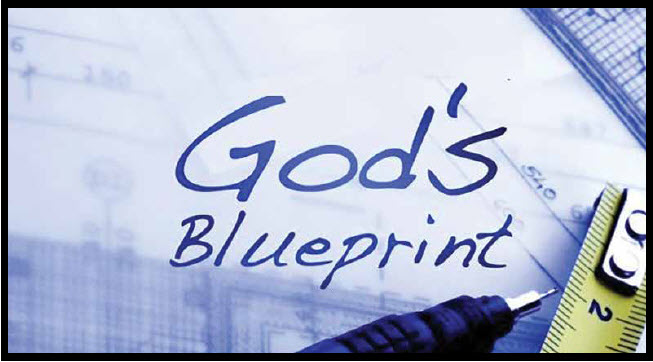 By: Ali Elizabeth Turner
By: Ali Elizabeth Turner
At this time in our nation when it sometimes looks like we are flooring it toward the edge of the cliff, there are scores of voices screaming about a number of things. The Tuesday night presidential debate was not a pretty sight, irrespective of who you will choose to vote into office. And, while I personally am not going to vote for the former vice president of the United States and empower him to become the president on his third attempt, I echo his admonition to make sure you take the time to vote. People have died so you can, and as flawed as humans are, please cast your vote if for no other reason than to show honor to those who shed their blood so you could. Do it because it is the right thing to do, even if you have to hold your nose.

That Public Service Announcement leads me to the subject of this Publisher’s Point: “Let The Story Be The Story.” What does that mean? It means that you let the good, the bad, and the ugly of any story or situation all work together to bring forth something redemptive, if at all possible. What it does not mean is that you remove any one component in order to affect the outcome, or to somehow leverage your ability to own the narrative. As Oasis pastor Jerome Malone said recently, “You shall know the truth, and the truth will make you free.” Some One way wiser made that famous over 2,000 years ago, and that principle is still powerful.
So, what does that look like? Let me use a contemporary example first, and then a biblical one. Without argument, the history of the South is one of the most complex, convoluted, and nuanced amongst humans, especially American humans. It is also one of the most beautiful. The history of the South is full of tragedy and triumph, and I believe with all my heart that the best is still to come if people will allow it. So, one of the ways to “let the story be the story” is to be willing to allow little-known facts serve as qualifiers and modifiers of well-known facts. Then, when all the hard stuff comes together with the good stuff, there is a chance to have the awful become the awesome by grace. The shorthand goes something like this: the Cross-definitely bad, the Resurrection-definitely good, and one cannot exist without the other.
Everyone knows that white people owned black people, and in ways we are all still reeling from that. But, far fewer know that black people in the South owned other black people in the South, that Africans participated in selling other Africans, and that Africans kept ship-wrecked white Europeans as slaves. Truth be told, humans are fallen, and fallen humans enslave all over the globe irrespective of their color or the shape of their eyes. That is why the only way out of slavery and up to freedom is to surrender to the Master that sets His slaves free through their utter, unconditional permanent surrender. Nothing else has ever worked, and nothing else ever will.
Most people in the South consider the Bible to be the Holy Blueprint for a life well-lived. And the Holy God of Abraham, Isaac and Jacob chose to leave totally unholy things that are R-rated squarely in the story to function as cautionary tales and point to opportunities for redemption. The rape of Tamar by her brother has never been sanitized out of the Scriptures, and most scholars agree that Rahab was not just “an innkeeper.” What’s the takeaway? If the good, the bad, and the ugly are good enough for God and are the raw materials of redemption, then the good, the bad, and the ugly in our lives and our culture can be the same, if we’ll see them as such, and result in redemption.



